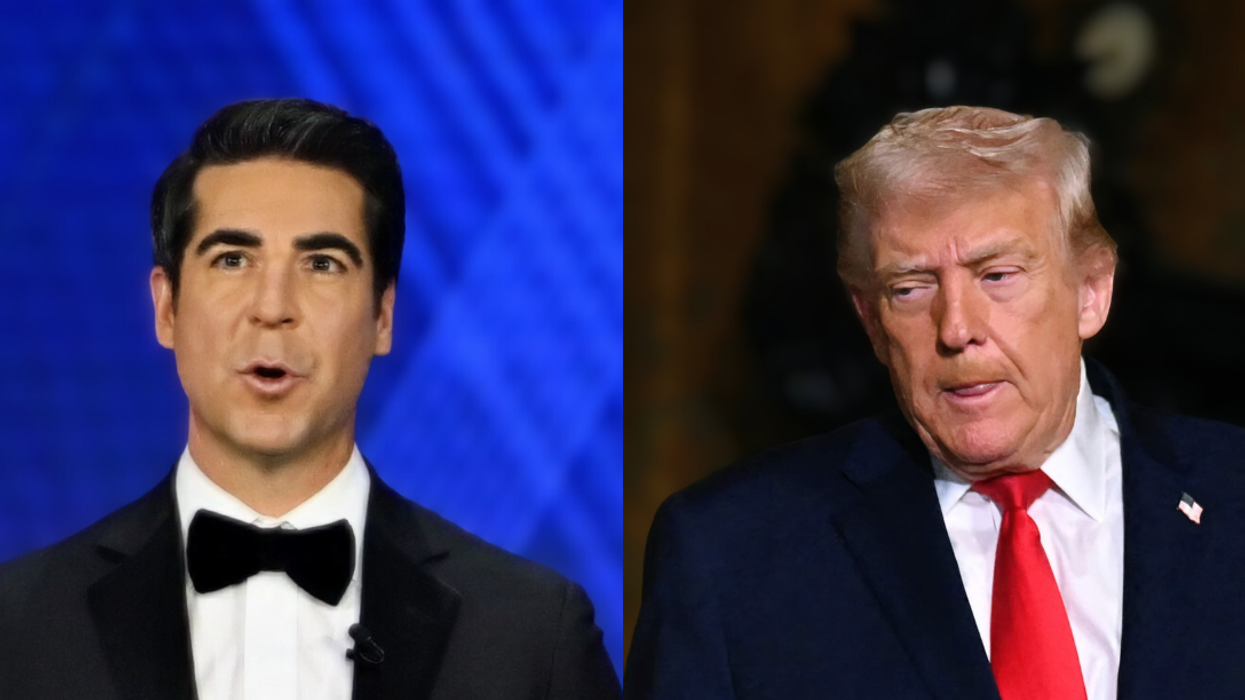On Thursday evening, ABC reported Special Counsel Jack Smith subpoenaed former Vice President Mike Pence to appear before the federal grand jury investigating January 6.
The panel is considering possible criminal indictments of Donald Trump and his allies for their attempts to overturn the results of the 2020 election.
Pence is the highest ranking member of the former administration to receive a subpoena, second only of course to the former president himself in the chain of command.
What are we to make of this news?
Let’s discuss some common questions folks may have and explore some likely scenarios.
What does this say about the ongoing investigation?
There are two active investigations in Smith’s office: criminal behavior by Trump and his top advisors, such as John Eastman and Mark Meadows, around January 6; and violations of federal espionage and record keeping laws by Trump and others relating to highly classified material recovered from Mar-a-Lago, including efforts to obstruct that recovery.
There has been some concern that Smith was backburnering the former investigation for the latter, but that appears now not to be the case. You don’t subpoena the former Vice President about January 6 if your investigation isn’t red hot.
The subpoena also tells us something by way of omission. Note who hasn’t been asked to appear before the grand jury, as far as we know anyway: Mark Meadows, the former Chief of Staff to the Trump White House.
Indeed, we haven’t heard much of anything from Meadows in many months, and the revelation that someone higher up the chain has been called in indicates either that Meadows is already cooperating with prosecutors or he himself is the subject of a possible indictment.
If I were Trump’s attorneys, I would assume and prepare for the former. And that’s not good news for their client.
It also tells us that the investigation is likely nearing its end.
The prime witness to Trump’s efforts to obstruct the electoral count is Mike Pence himself, with whom Trump had personal, private conversations, urging him illegally to exceed his authority and simply declare the election for Trump or send it back to the states where Republicans had a perceived advantage.
While there are other witnesses out there, Pence is almost certainly one of the final people Smith would call before the grand jury to make his case and drive home his final points.
If Pence testifies consistently with what others—such as Pence’s chief of staff and his senior legal advisor—already have told investigators, then the chances of the grand jury indicting Trump for crimes relating to January 6 rise considerably.
But won’t Pence just claim executive privilege and force delays?
Possibly. Pence is not eager to testify and throw Trump under the bus, even though Trump apparently didn’t mind if the crowd at the Capitol hung Pence for his “disloyalty.” Pence likely and reasonably fears the retribution of the MAGA voters if he is the one who helps take their king down.
So one tactic would be for Pence to assert executive privilege, gumming this up for another few months at a minimum as the courts weigh his claims.
But as legal commentators such as Renato Mariotti and Lisa Rubin have observed, it’s also possible that Pence has already worked out a deal with prosecutors about what he will and will not testify to.
Reporting on the background of the subpoena, which likely came from a source within Pence’s camp such as his attorney, indicates that Special Counsel Smith’s office has been negotiating for months with Pence’s attorneys about his testimony.
The subpoena likely then means one of two things. Either the parties reached an impasse and Smith said, “Okay, you want to stonewall us, here’s a subpoena to chew on,” or, and more likely in my mind, Pence’s office actually asked for an official subpoena.
Wait, what? Why would they do that? For one simple reason: Pence does not want to look like he is voluntarily cooperating with authorities, because the insurrectionist Trumpers might try to hang him again. Instead, he wants it to look like he was forced to testify. The subpoena gives him political cover.
What if he does claim executive privilege?
If Pence seeks to delay the subpoena by claiming executive privilege, he will face a few hurdles and will likely lose.
First, other parties, including ex-president Trump and top advisors like Steve Bannon, have not had much success in trying to block testimony or document production under claims of executive privilege.
Second, as reporter Hugo Lowell astutely observed, Pence may have waived or “pierced” the privilege when he discussed pivotal moments with Trump and wrote them down in his recently published memoir So Help Me God (yes, that is the title).
For example, Pence wrote that he had asked his lawyer for a briefing on the Electoral Count Act after a December 5, 2020 call in which Trump “mentioned challenging the election results in the House of Representatives for the first time.”
On December 21, 2020, Pence wrote, he tried to steer Trump to the White House counsel’s team’s advice, rather than have him listen only to outside lawyers. “I said, ‘You’ve got a good team at the White House,’ to which he grumbled, ‘No, I don’t,’” Pence wrote.
“If the president had chosen to listen to those good men and not the gaggle of outside lawyers who took over the election challenges from the campaign, things would have been very different.”
On a New Year’s Day call, according to the book, Trump told Pence: “You’re too honest,” then predicted that “hundreds of thousands are gonna hate your guts,” and “people are gonna think you’re stupid.”
“Mr. President, I don’t question there were irregularities and fraud,” Pence wrote that he told Trump. “It’s just a question of who decides, and under the law that is Congress.” And then he added, “With that, the president said that he guessed it probably just ‘takes courage,’ implying that was what I lacked.”
Pence continued, “I paused before replying and, facing him from my seat in front of the Resolute Desk, said firmly, ‘Mr. President, I have courage, and you know that.’”
But here’s the thing: You don’t get to talk about all these otherwise privileged things in your book and then assert executive privilege after the fact. If you already put it all out there, you can’t put the genie back in the bottle.
The next moves by Pence will be key to understanding where he stands on testifying or trying to stonewall. His lawyers likely understand that the chances of preventing his testimony altogether are slim.
What if Pence just pleads the Fifth or says he doesn’t recall?
Neither scenario is likely in my mind. Pence is not under investigation himself and is not accused by anyone of committing any crimes. In fact, he is one of the few people in Trump’s ambit who actually did the right thing in the face of pressure from the ex-president.
Pence prides himself on being squeaky clean and honest, even if to the rest of us that honesty comes with little actual mettle or spine. But at least with Pence, you do get what you see: a conservative Christian Republican in the old school tradition of the party.
For Pence to plead the Fifth would be to suggest to the American people he did something wrong and isn’t prepared to talk about it publicly, and that would end his reputation as an honest, Christian politician. It would probably end his political ambitions as well and tie him inextricably to the slowly sinking S.S. Trump.
Nor is it likely that he will say to the grand jury that he doesn’t recall his conversations with Trump.
First, saying you don’t recall when you actually do recall is a lie, and Pence will be under oath, his hand on that Bible that he reveres.
Second, we already know he recalls key conversations very well because he wrote about it in his book. If he claims he doesn’t remember, they can always pull out that book to refresh his memory.
What Pence will want to do is give Trump a pass, as he has done in interviews and speeches. His very charitable view is that Trump shouldn’t be blamed for urging what his lawyers were advising him to do. This is a legal argument, however, not really a factual one.
The “advice of counsel” defense tends to be a weak one and is rarely successful because people are presumed to know the law and generally can’t hide behind their lawyers claiming they just didn’t know what they were doing was crimey.
Besides, Pence specifically told Trump that what he was asking him to do was illegal and he wouldn’t go through with it, but Trump pressed and pressed anyway. When Pence didn’t cave, Trump tweeted out that Pence was a coward—right as the mob was pressing its attack on the Capitol building where Pence was presiding over the count.
Did Trump’s lawyer tell him to do that, too?
One final thought: The subpoena of Mike Pence underscores how critical it is at this moment to have the added independence of the Special Counsel. Imagine if Merrick Garland had issued the subpoena instead of Jack Smith.
Republicans would claim it was all just dirty politics, with Biden’s Justice Department trying to ruin not one but two leading contenders for the Republican nomination in 2024. Smith’s subpoena is about getting to the truth, not politics.
Sometime, hopefully not long from now, the former Vice President will appear, under oath, before the federal grand jury and testify about what happened in the weeks and days leading up to and including January 6, what the ex-president demanded he do, and why Pence refused him.
That will be both remarkable and historic, and it could tip the grand jury at last into its final actions.

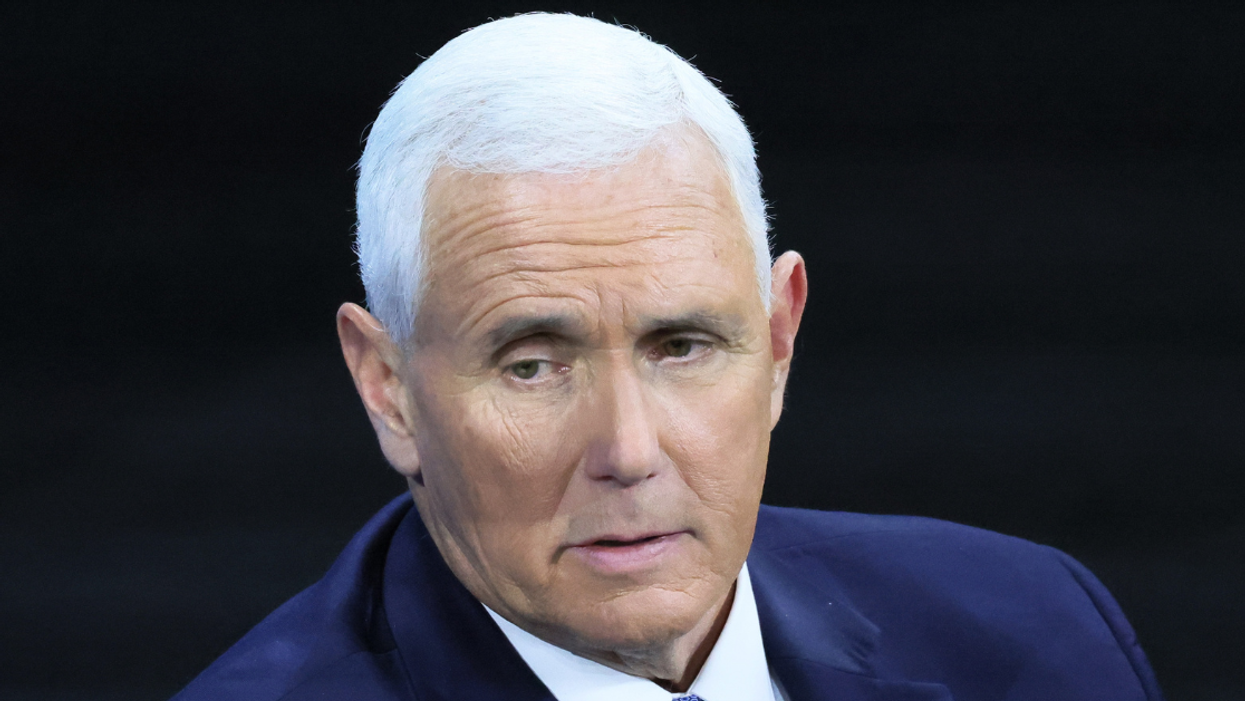
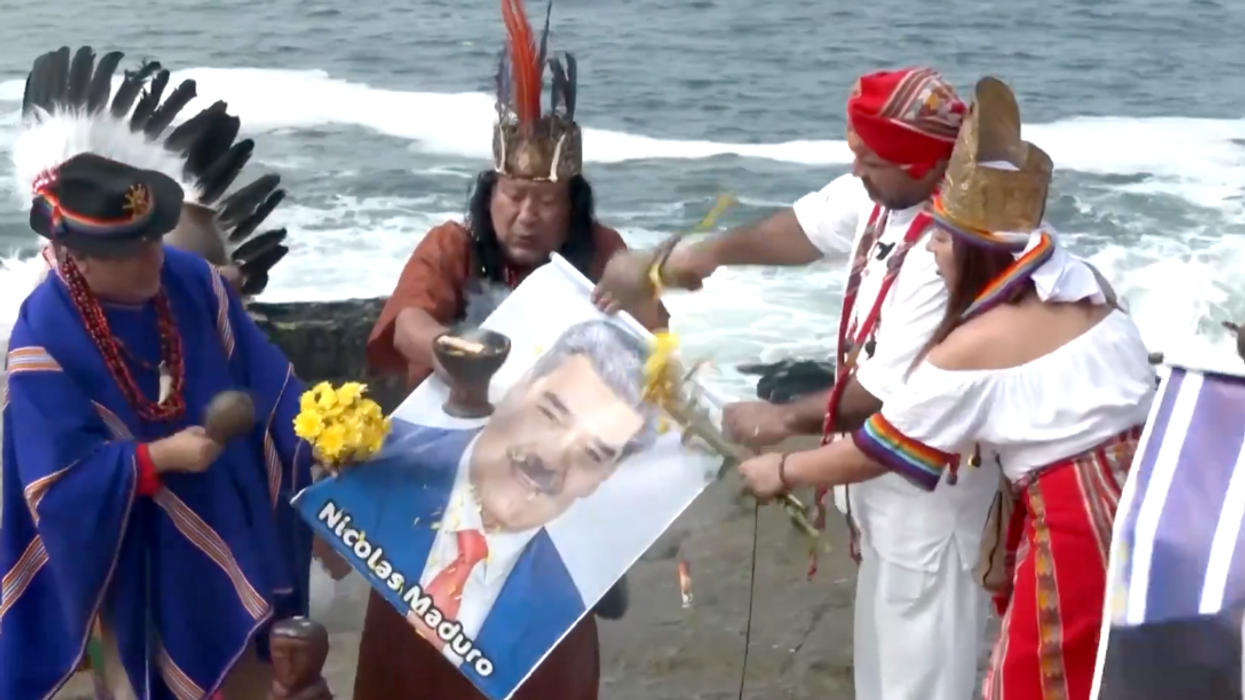
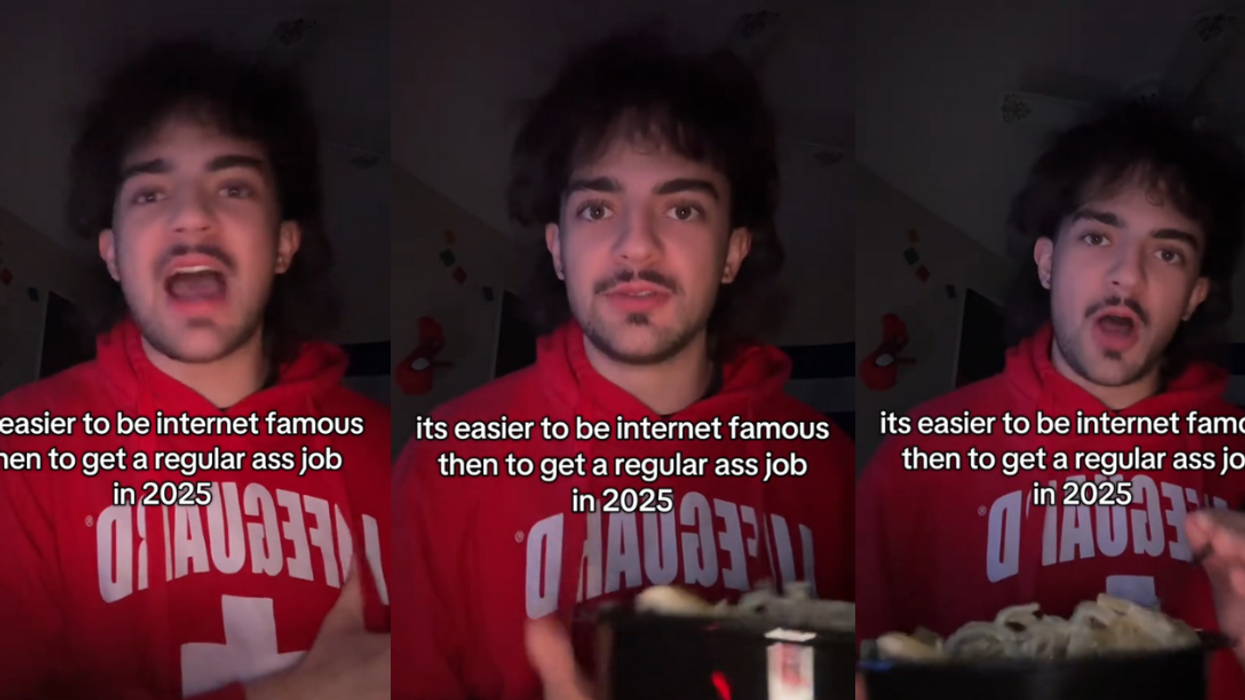
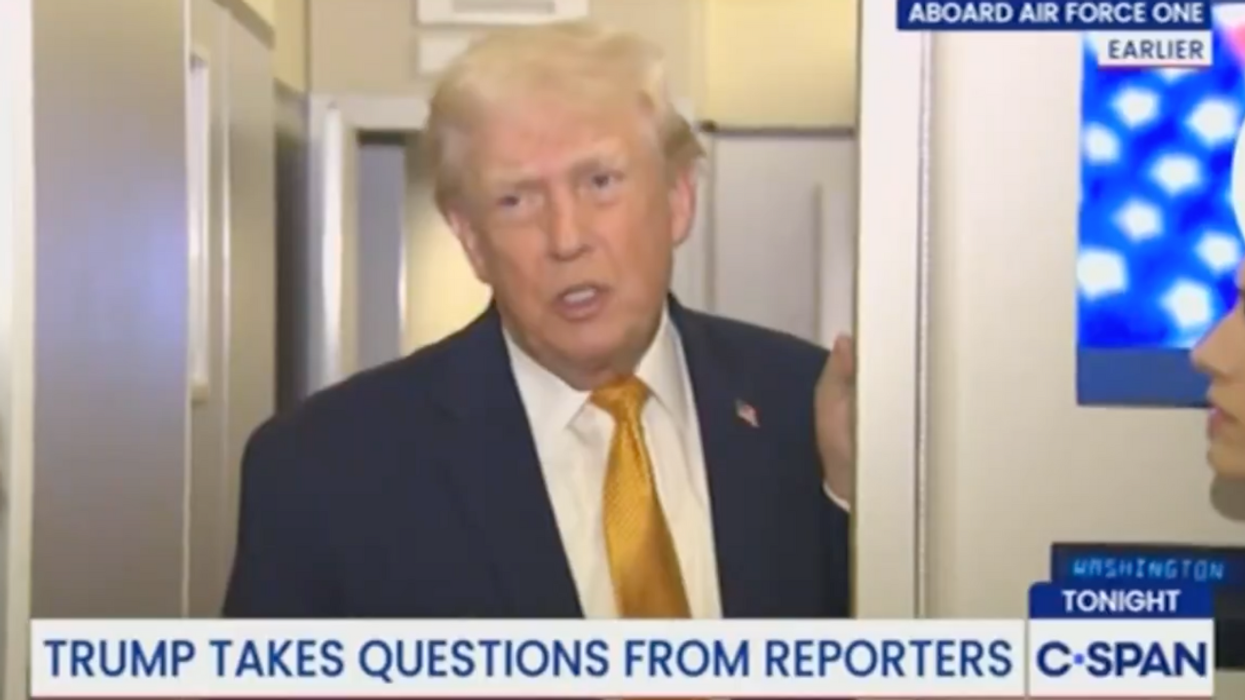
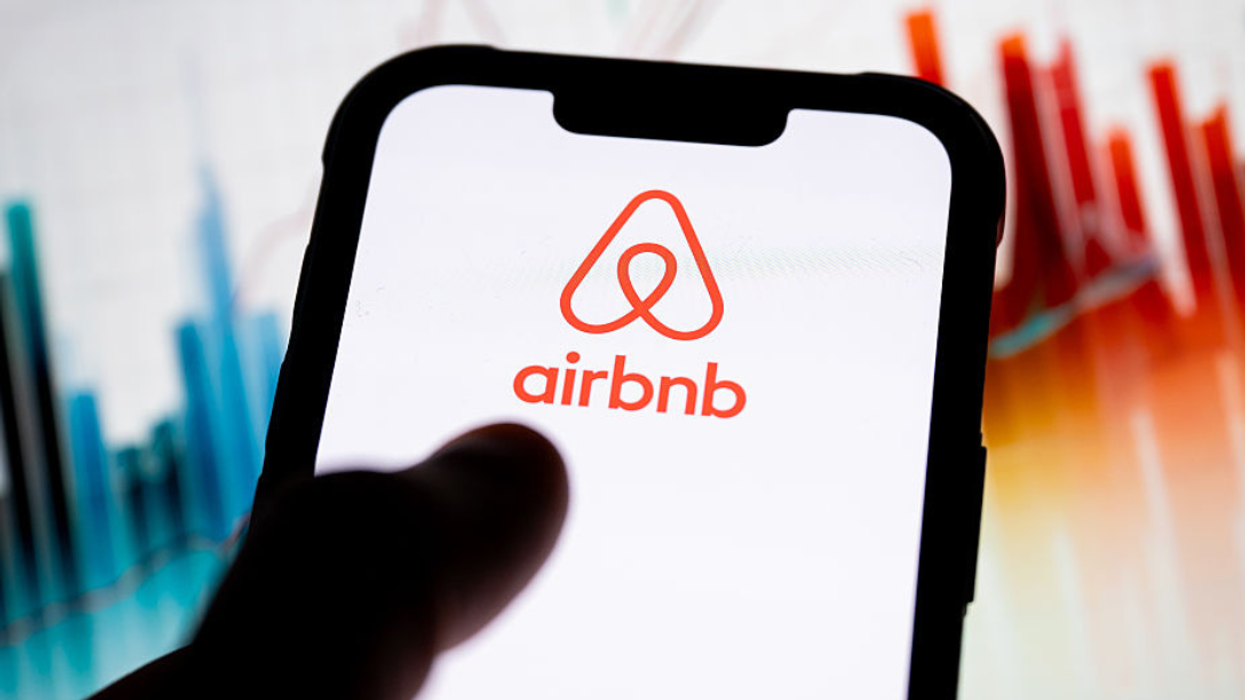
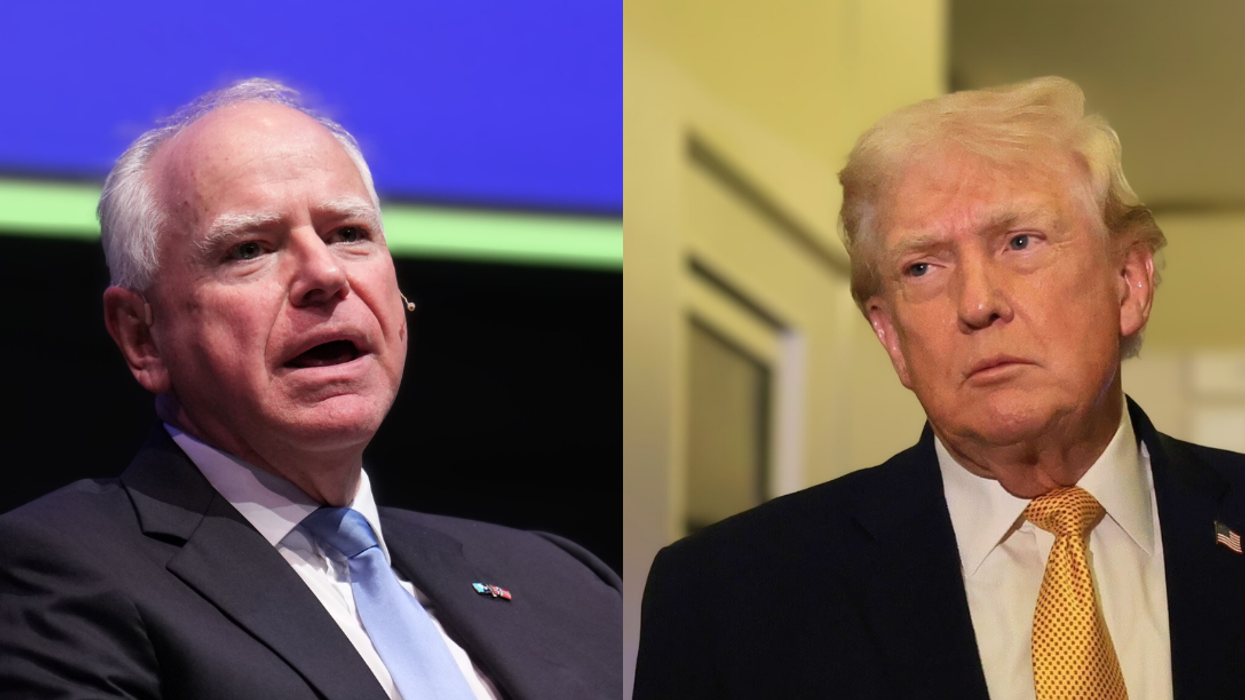
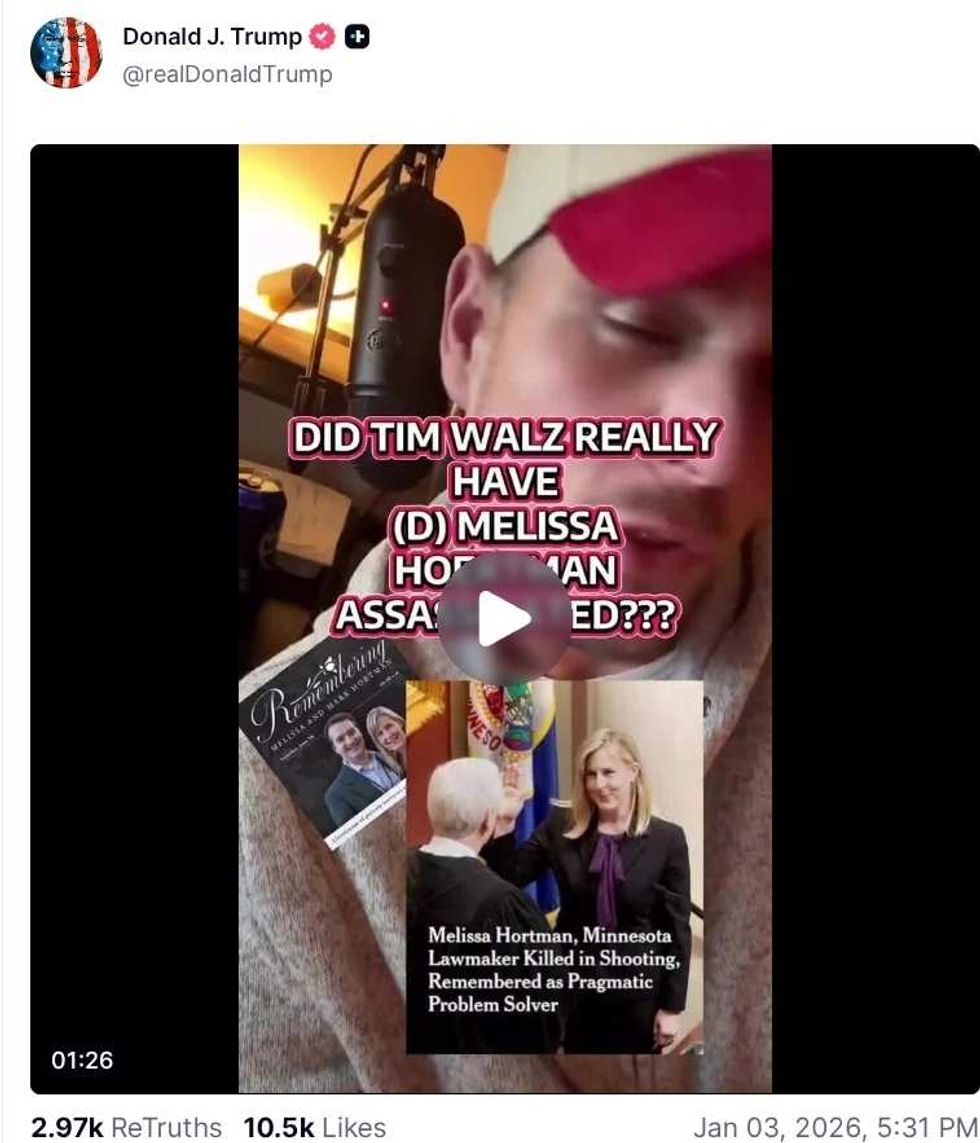 @realDonaldTrump/Truth Social
@realDonaldTrump/Truth Social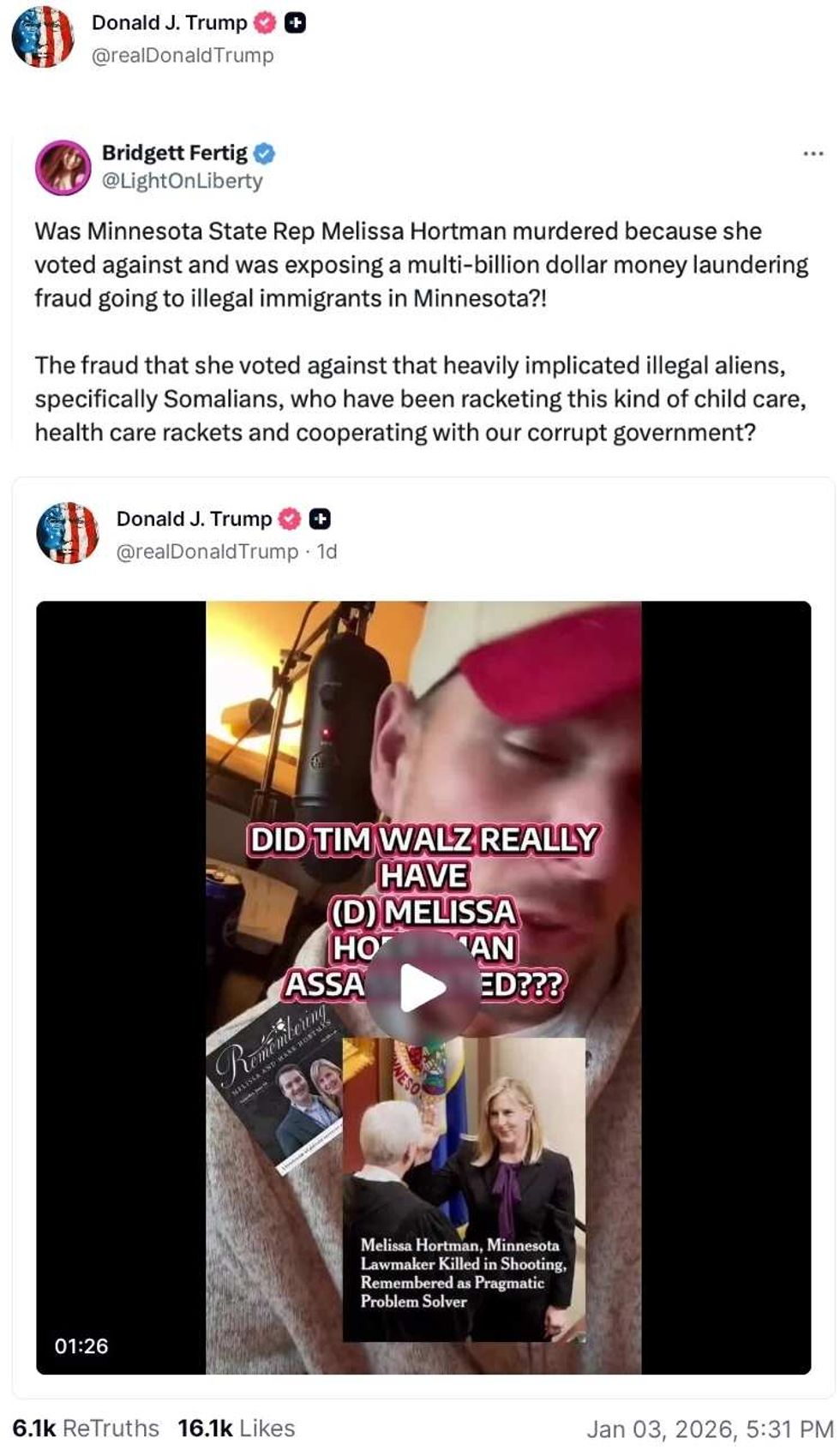 @realDonaldTrump/Truth Social
@realDonaldTrump/Truth Social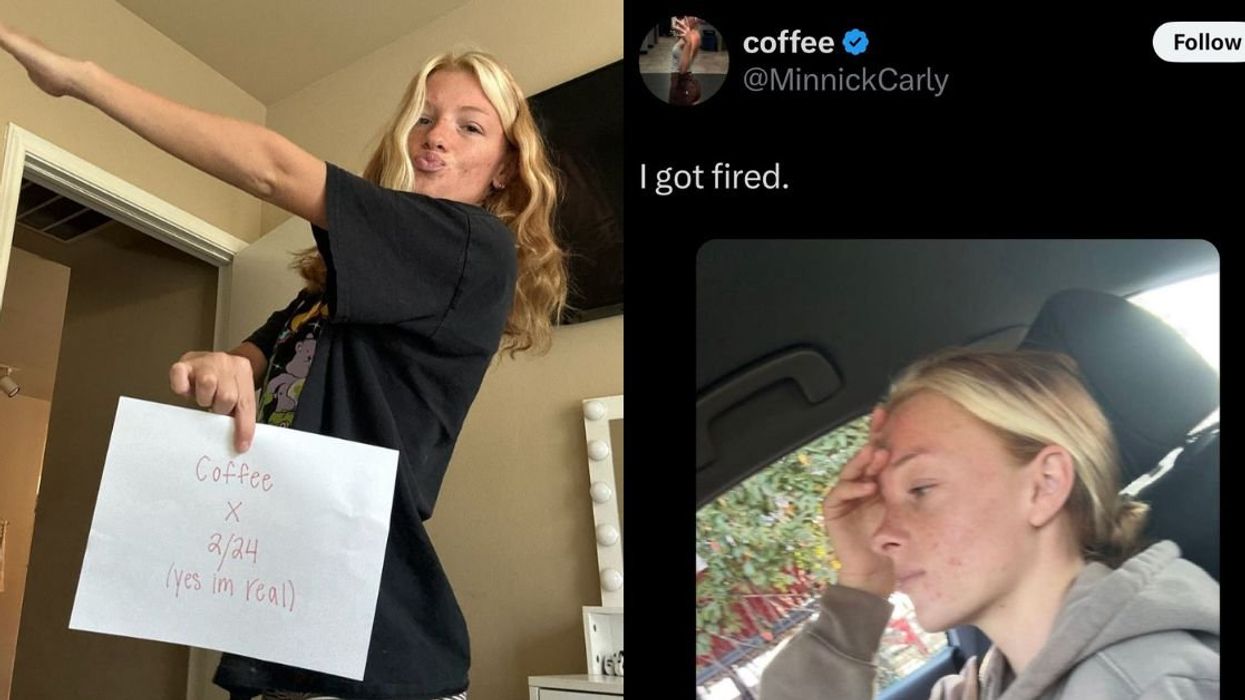
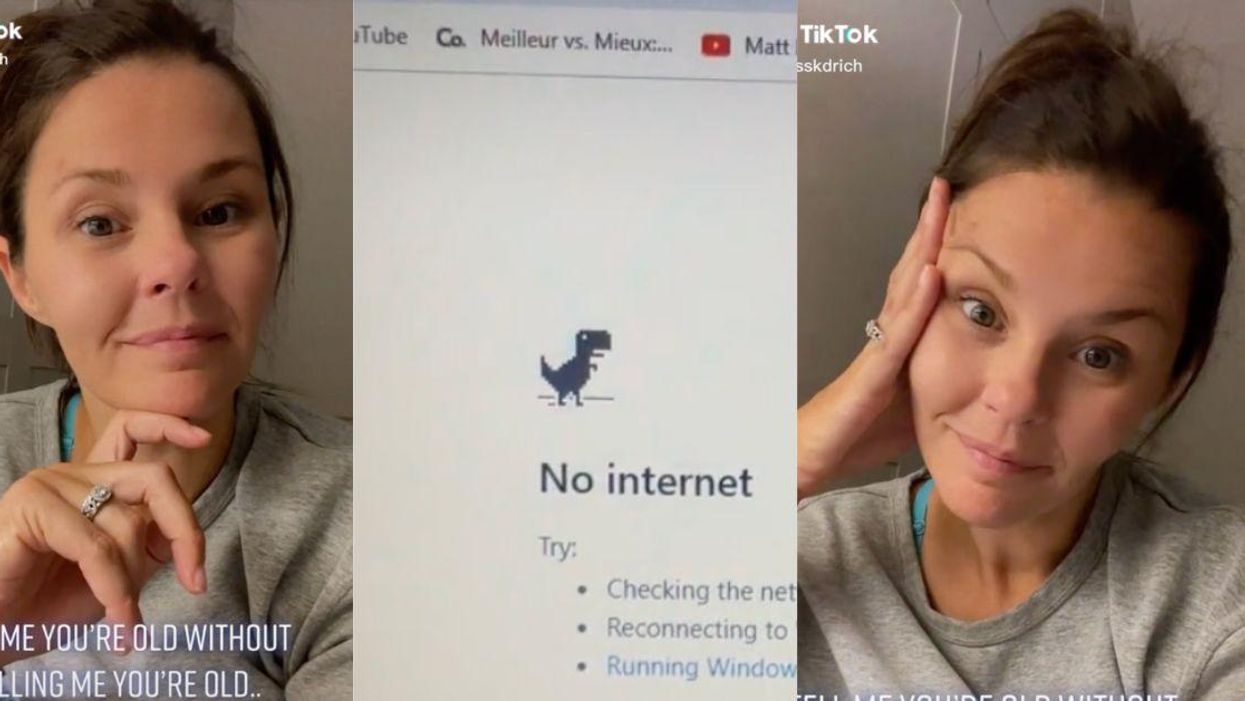
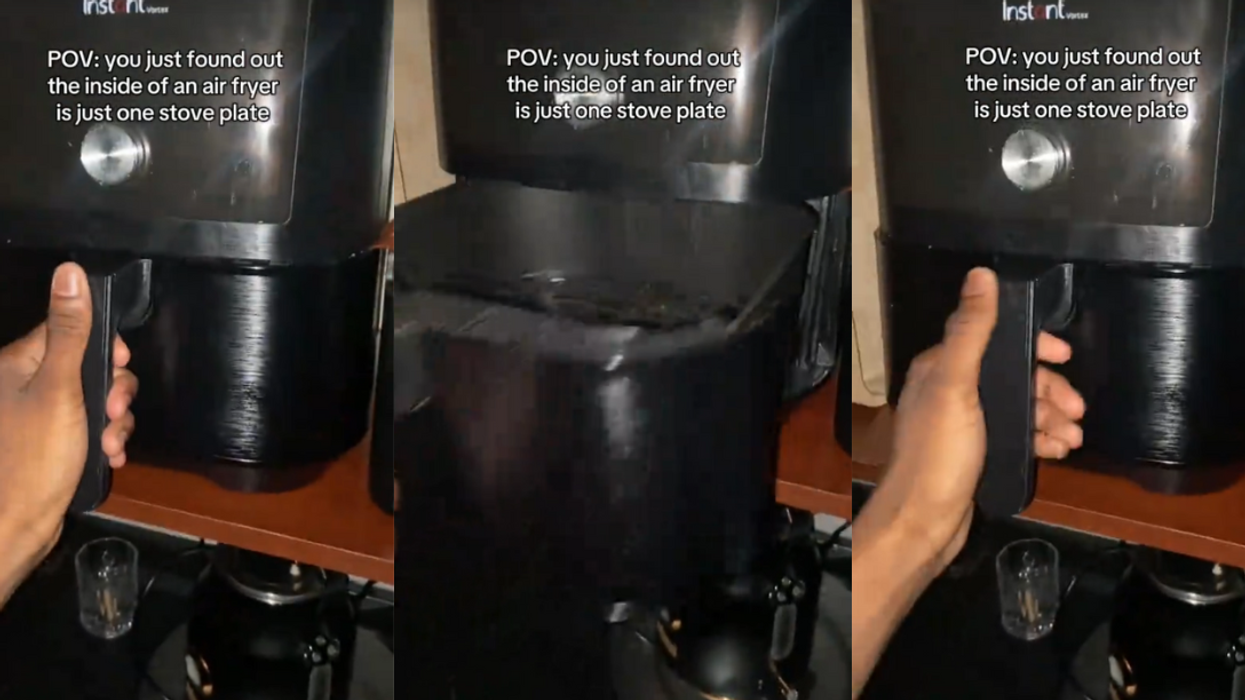
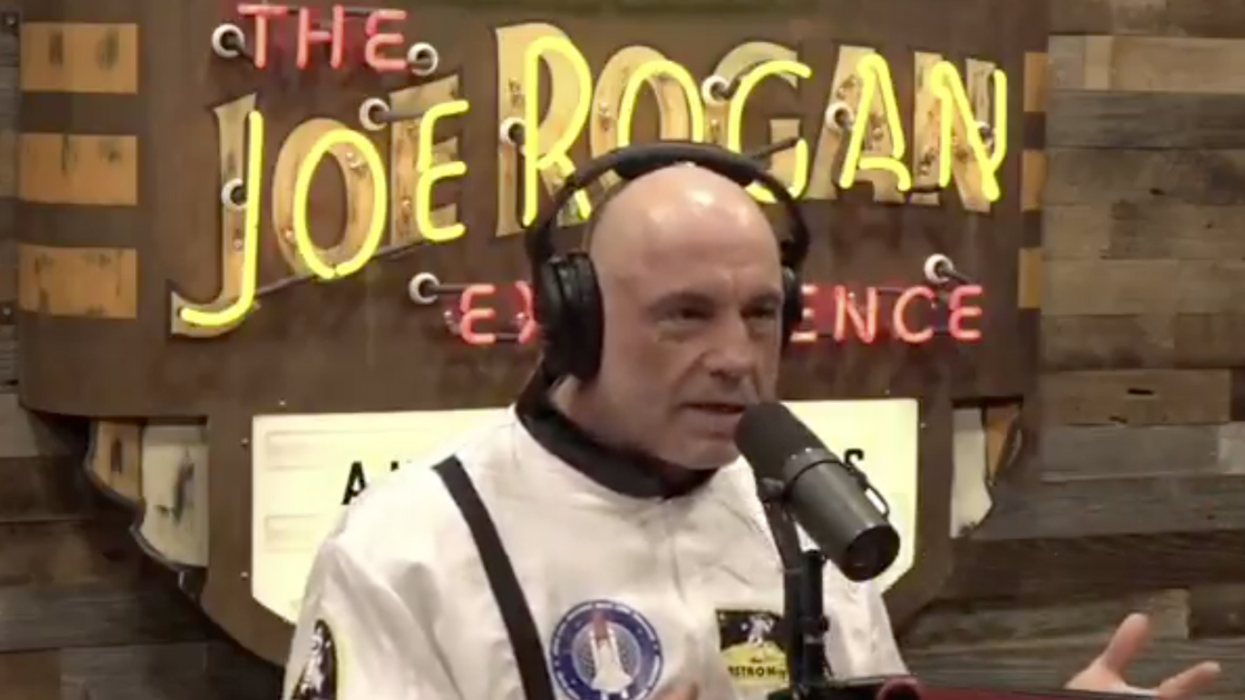
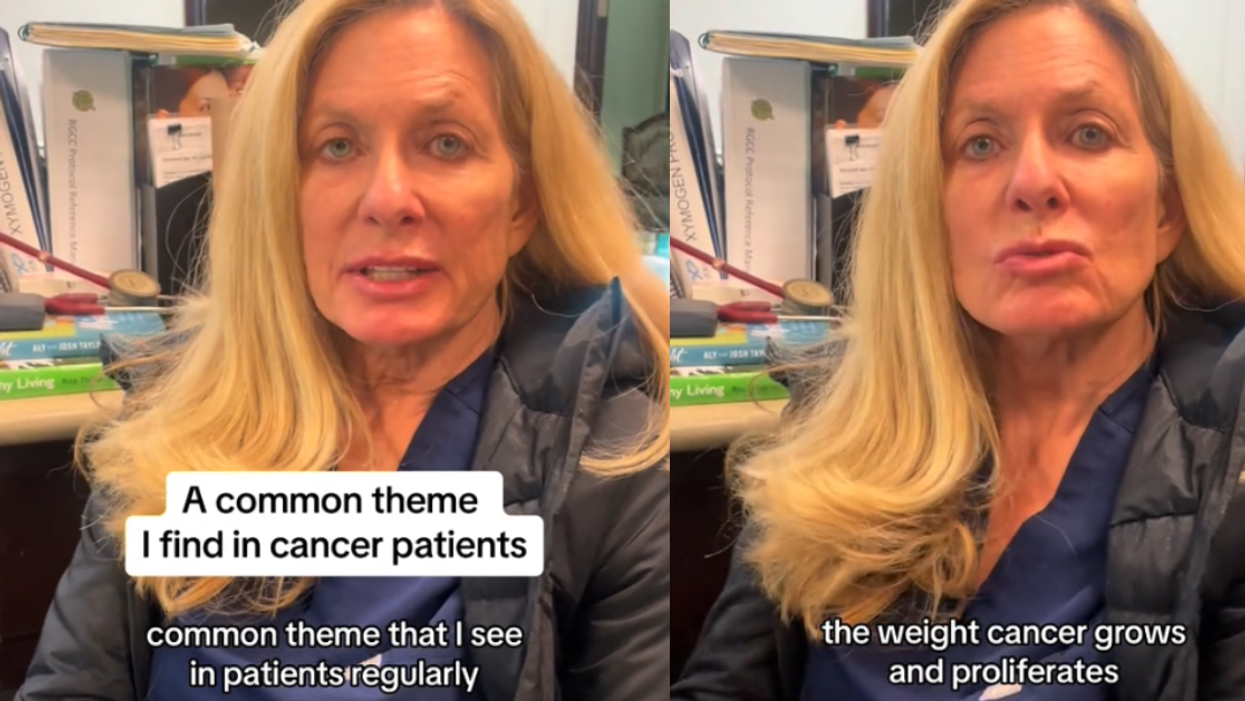
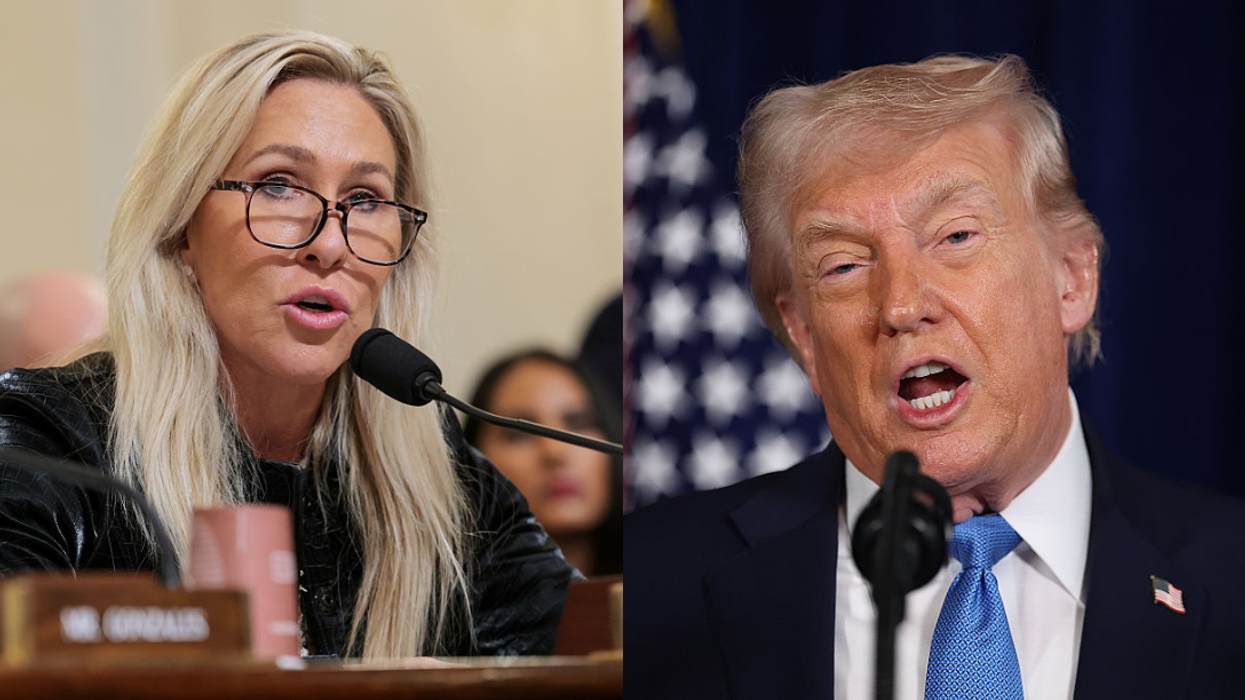

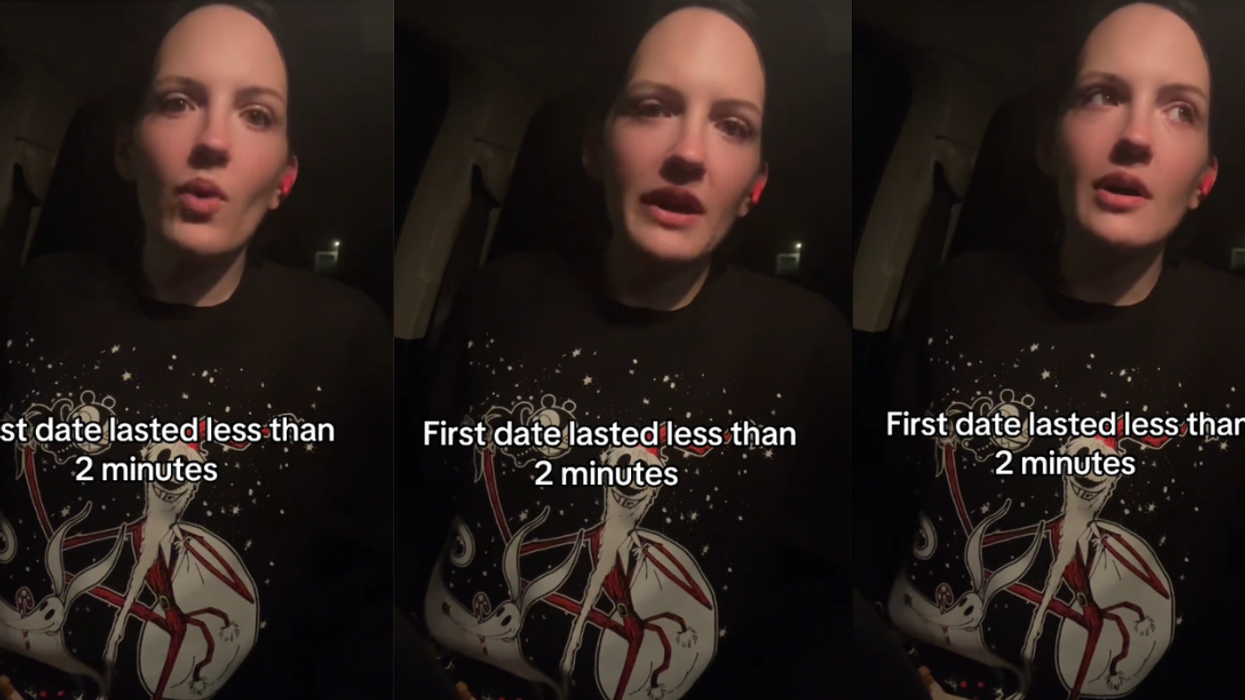
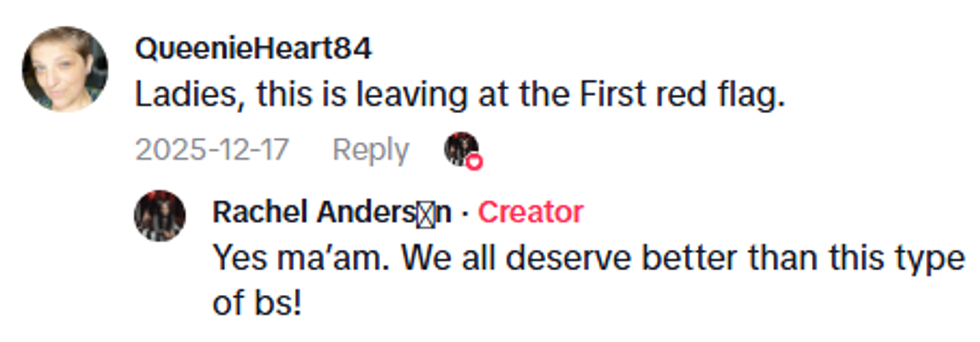 @rachelanderson471/TikTok
@rachelanderson471/TikTok @rachelanderson471/TikTok
@rachelanderson471/TikTok @rachelanderson471/TikTok
@rachelanderson471/TikTok @rachelanderson471/TikTok
@rachelanderson471/TikTok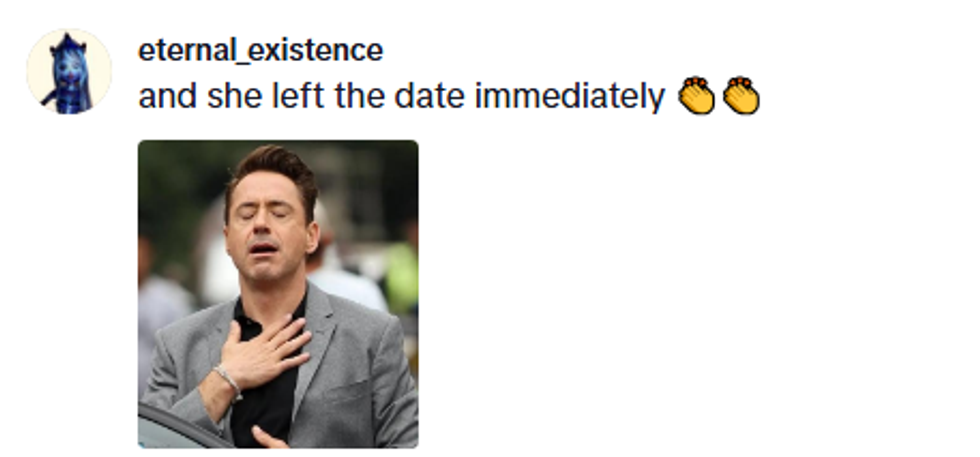 @rachelanderson471/TikTok
@rachelanderson471/TikTok @rachelanderson471/TikTok
@rachelanderson471/TikTok @rachelanderson471/TikTok
@rachelanderson471/TikTok @rachelanderson471/TikTok
@rachelanderson471/TikTok @rachelanderson471/TikTok
@rachelanderson471/TikTok @rachelanderson471/TikTok
@rachelanderson471/TikTok @rachelanderson471/TikTok
@rachelanderson471/TikTok @rachelanderson471/TikTok
@rachelanderson471/TikTok @rachelanderson471/TikTok
@rachelanderson471/TikTok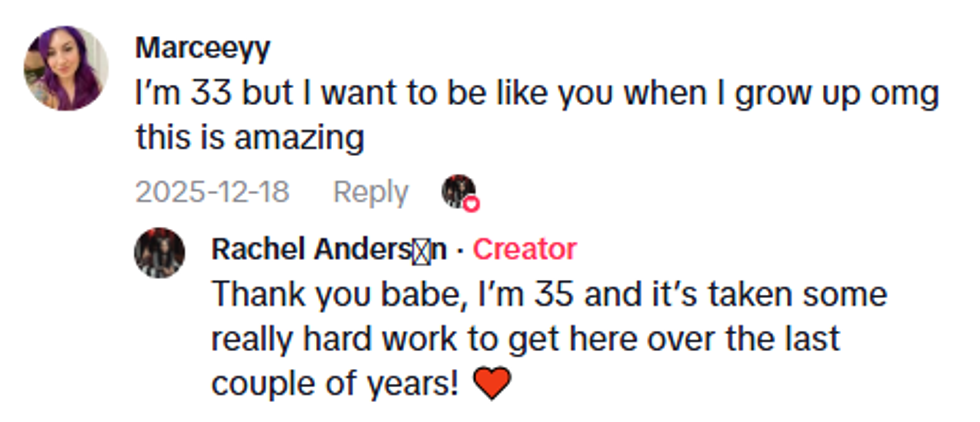 @rachelanderson471/TikTok
@rachelanderson471/TikTok @rachelanderson471/TikTok
@rachelanderson471/TikTok